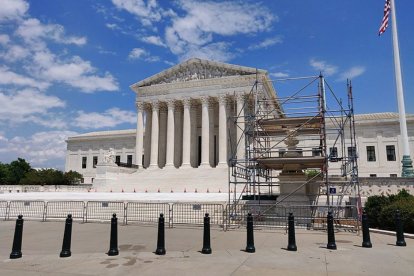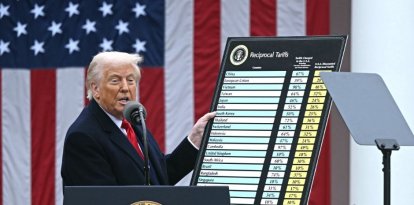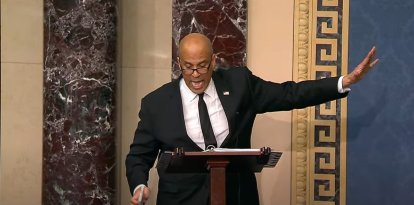After criticism over trips and gifts, Supreme Court formally adopts new code of ethics for the first time in its history
The 15-page text is intended to “bring together in one place the ethical rules and principles that guide conduct.”

Wikimedia Commons
The Supreme Court (SCOTUS) announced on Monday that it will formally adopt a code of ethics. It will be the first time in history that the country's highest court adopts a code of this style. The nine judges supported the 15-page text in which they clarified that there is "nothing new" since it is very similar to that which applies to lower court judges.
As the judges clarified, the code intends to “set out and bring together in one place the ethical rules and principles that guide the conduct of members of the court.”
"The absence of a code, however, has led in recent years to the misunderstanding that the Justices of this Court, unlike all other jurists in this country, regard themselves as unrestricted by any ethics rules,” the justices wrote. “To dispel this misunderstanding, we are issuing this code, which largely represents a codification of principles that we have long regarded as governing our conduct," the court said in a statement.
Elena Kagan and Amy Coney Barrett have been promoting the creation of an ethics code in recent months. According to Keagan, its creation “would go a long way toward persuading other people that we adhere to the highest standards of conduct.”
I think it would be a good idea for us to do it, particularly so that we can communicate to the public exactly what it is that we are doing,” added Barrett.
The need for a code to be implemented came after some members of the highest court faced criticism for undisclosed trips and gifts, increasing general interest in oversight of such situations.
Even Congress attempted to regulate the court's ethics through the Supreme Court Ethics, Recusal, and Transparency (SCERT) Act. The Senate Judiciary Committee introduced the bill in June but it stalled after many bipartisan clashes.
The toughest point of the legislation was the expansion of the circumstances under which a judge can be recused from office. Senate Republicans were not very happy with the proposal including John Kennedy (R-LA). True to his witty and histrionic style, he predicted that the law has no chance of being approved: "They don't have the votes...This thing’s dead as fried chicken on the Senate floor."
"This legislation is meant to be a court-killing machine. It would allow any jackaloon out there in America in a tin-foil hat whose own dog thinks he's an utter nutter to file a motion to recuse a United States Supreme Court Justice," the Republican added at the time.
RECOMMENDATION





















